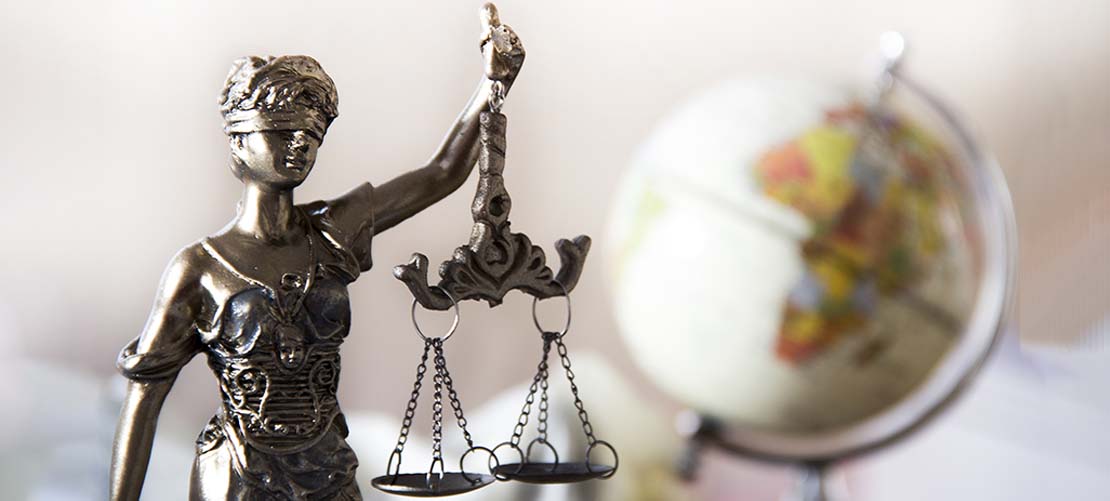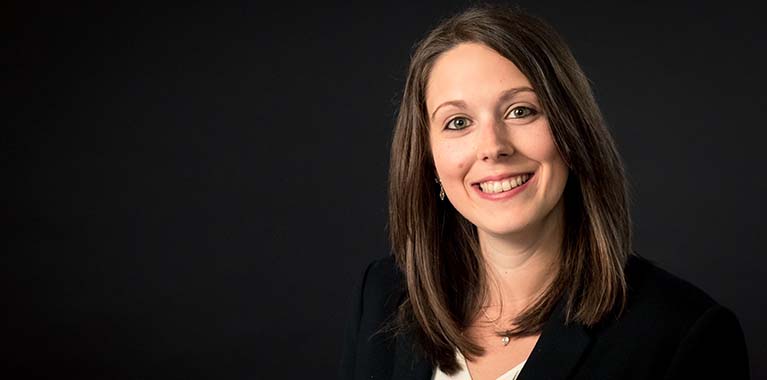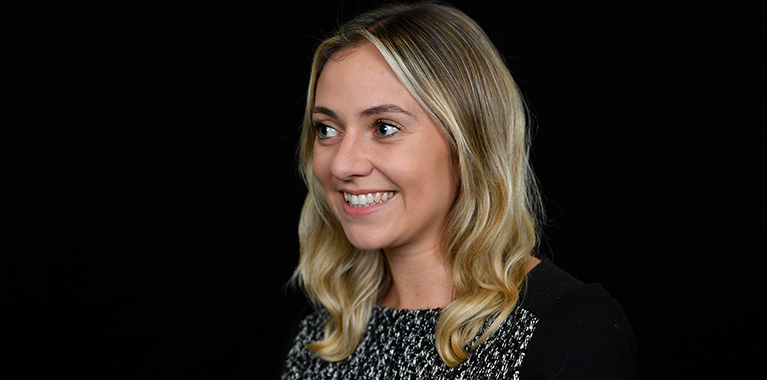Inadvertent waiver of privilege and concerns over independence: Pickett v Balkind

The Court has recently reminded litigants of the care needed to avoid inadvertent waivers of privilege and the circumstances in which disclosure of otherwise privileged communications with your own expert can be ordered. In Pickett v Balkind [2022] EWHC 2226 (TCC) the High Court refused to grant an injunction to prevent the use of privileged material mistakenly exhibited to a witness statement where the error was not obvious and it revealed a potentially serious breach of Court guidance regarding an expert's independence.
Background
The proceedings concern a claim for nuisance and negligence arising out of damage to property owned by the claimant in which the Court had granted permission for both parties to rely on expert evidence in the fields of arboriculture and structural engineering.
Due to the claimant's structural engineering expert (the "Expert") being unavailable to give evidence at trial, the claimant sought the defendant's consent to adjourn the trial and sent to the defendant: (1) a draft adjournment application; and (2) a supporting draft (unsigned) witness statement which referred to, and exhibited, an unredacted letter from the Expert to the claimant's solicitor dated 2 May 2022 (the "Letter"). The defendant's consent was not forthcoming and so those documents, including a signed version of the witness statement which exhibited the Letter, were subsequently filed at Court.
Whilst part of the Letter innocently explained that the Expert would be unable to attend trial because of upcoming surgery, the Letter also (less innocently) referred to written instructions, comments and an aide memoire produced by the claimant's solicitor and provided to the Expert in connection with the preparation of the joint statement. Unsurprisingly, given the concern that the claimant had breached paragraph 13.6.3 of the TCC Guidance (which prohibits the involvement of legal advisors in either negotiating or drafting the experts' joint statement beyond assisting in identifying issues which the statement should address), the defendant's solicitor sought an explanation as to the solicitor's involvement in the joint statement.
In response, the claimant's solicitor denied that paragraph 13.6.3 of the TCC Guidance had been breached and asserted that the Letter contained privileged material which had been "disclosed inadvertently by obvious mistake". Whilst the claimant subsequently filed a new application for the adjournment with a witness statement that no longer exhibited the Letter, the defendant did not accept that the Letter was privileged on the basis that a signed witness statement had referred to and exhibited it. The claimant sought an injunction to restrain the defendant from using the original witness statement of the claimant's solicitor and the exhibited Letter.
The defendant cross-applied for an order under CPR 35.10(4) seeking: (1) the production for inspection by the claimant of "the written instructions/comments/aide memoire" provided to the Expert; (2) permission to cross-examine the claimant's experts at trial as to the preparation of their joint statements and the completeness of their instructions (including those connected with the arboriculture expert); and (3) permission to use the Letter as evidence at trial.
Unrelated to the issues arising from the Letter, the defendant also took the opportunity to seek an order under CPR rule 31.14(2) that the claimant should produce for inspection a copy of an earlier report of the Expert which had been referred to in the claimant's expert arboriculturist's report and in the joint statement of the arboriculturists.
The claimant's application for an injunction
The claimant's injunction application was supported by a second witness statement from its solicitor which stated, inter alia, that: (1) the claimant "did not intend to waive privilege of the section of the [Letter] which did not concern [the Expert's] medical condition"; and (2) the "inclusion of a complete copy of the [Letter] without redaction was an inadvertent and obvious error." The defendant responded that he did not believe that the claimant had inadvertently provided the privileged materials, and that the claimant had intended to rely on the Letter in the form it was provided.
HHJ Matthews, sitting as a High Court judge, determined that the error was not "obvious". He held that: "it is not the case that the only possible explanation for sending the [Letter] in unredacted form was a mistake by the claimant's solicitor. The solicitor might have thought, for example, that it did not matter whether privilege was waived or not, or that the [Letter] would have more weight unredacted, and that privilege ought to be waived".
The judge accepted that he was bound by the principles set out by the Court of Appeal in Al Fayed v Commissioner of Police of the Metropolis1 (even though inspection had not been given under CPR Part 31 here), which, amongst other things, allowed him to intervene to prevent the use of inadvertently disclosed documents "where justice requires". He considered that, "[i]f it would not be unconscionable [for the defendant to seek to rely on the disclosed documents], then it would not be appropriate to grant an injunction".
Was the Letter privileged?
The test here is whether it is confidential and made between a lawyer and a third party for the sole or dominant purpose of the existing litigation2.
There was no reason for the Expert to write to the solicitor but for the litigation, and some of what he wrote had the necessary quality of confidence. However, HHJ Matthews was doubtful that the first four paragraphs of the Letter could qualify as privileged communications because they revealed a potentially serious breach of the expert independence principle (and so would fall foul of the so-called 'iniquity principle'). If the communications could qualify as privileged, the key question was whether that privilege could survive sending the Letter to the defendant in its unredacted form. That was "intimately tied up with whether an injunction will be granted to restrain its use. If it will, then – as a general proposition – privilege is not waived. If it will not, then privilege has usually been waived."
The judge accepted the claimant's solicitor's evidence that disclosure of the Letter had been inadvertent but determined that it was "not "obvious" such that a reasonable solicitor would have realised that there had been an error". In fact, the defendant's solicitor did not realise the error. The defendant then legitimately relied on the unredacted Letter to pursue his concern regarding breach of the expert independence principle, to which the claimant did not reply satisfactorily. It would promote a sense of injustice to leave that concern unanswered.
The judge considered previous authorities in relation to waiver of privilege3 but found that none (except Property Alliance Group Ltd v Royal Bank of Scotland plc [2015] EWHC 3272 (Ch), with which he went on to disagree) directly addressed the circumstances here (i.e. there had been deployment (rather than mere reference to) the document but that deployment was for an interlocutory matter (the merits of the adjournment rather than the merits of the whole case)). He held that, whilst privileged material can be shared with some others without waiving privilege, by disclosing it to the opponent, it loses the quality of confidence necessary to engage the doctrine of privilege, even if that disclosure was for an interlocutory purpose4.
There was no justification for separating out or treating differently different parts of the Letter. The first four paragraphs suggested a breach of the expert independence principle and were less worthy of protection, but the remainder (which related to the Expert's upcoming surgery and the need for an adjournment) most justified the reference to the Letter in the claimant's solicitor's witness statement. The judge concluded that privilege had been waived in the whole of the Letter and refused to grant the injunction.
The defendant's cross-application under CPR 35.10(4)
This part of the decision set some helpful guidance on the limits to which instructions and material provided to your own expert must be disclosed. In considering the defendant's cross-application under CPR 35.10(4), HHJ Matthews observed that:
(1) CPR 35.10(3) does not require an expert's statement of instructions to be complete, but it must state "the substance of all material instructions, whether written or oral"; and
(2) "the test laid down by the rule was not whether the court was satisfied that the statement of instructions was, in fact, inaccurate or incomplete, but only whether it was satisfied that there were reasonable grounds to consider it so."
On this basis, HHJ Matthews found that not every communication between experts and those instructing them is part of their instructions for the purposes of CPR 35.10(3). The aim of CPR 35.10(3) is merely to ensure that the factual basis for the expert's opinion evidence is apparent. As HHJ Matthews had not seen the aide memoire, he could not be satisfied that it was part of the expert's instructions, and so he had to proceed on the basis that it did not fall within CPR 35.10. He therefore refused to order production of the "written instructions/comments/aide memoire" provided to the Expert for the purpose of preparing the joint statement of the structural engineers.
However, there were two significant stings in the tail for the claimant as HHJ Matthews: (1) granted permission for the defendant to cross-examine the Expert (but not the expert arboriculturist, in relation to whom there was no suggestion of compromised independence) on those issues at trial, and, as the claimant's injunction application had failed, the defendant was also permitted to deploy the Letter in evidence at trial; and (2) noting that he had the power (subject to the restrictions in CPR 35.10(4)) to order the production of documents mentioned in an expert's report, found that, because the claimant's arboriculturist's report and the arboriculturists' joint statement referred to and relied on an earlier report of the Expert, that earlier report must be disclosed. The Expert now faces the obvious risk at trial of being extensively cross-examined on his dealings with his solicitors in addition to any inconsistencies between his first and second report.
Practical considerations
This case is the latest in a line of reminders to solicitors and experts that they must comply with their obligations regarding expert independence (see also our article on the recent case of Andrews v Kronospan). It also acts as a warning to carefully check all documents referred to in applications and included in exhibits to avoid accidental waiver of privilege. Whilst the Court does have the power to restrain the use of documents that are inadvertently disclosed, this power is discretionary, and as this case shows, may not be exercised where there are questions over whether the material said to be privileged actually warrants privileged protection. It should not be relied upon as a given. This is particularly true in cases like this where a judge is aware of potential injustice and there are concerns over breaches.
1 [2002] EWCA Civ 780
2 Three Rivers District Council v Bank of England (No 6) [2005] 1 AC 610
3 Including Dunlop Slazenger International Ltd v Joe Bloggs Sports Ltd [2003] EWCA Civ 901 and Property Alliance Group Ltd v Royal Bank of Scotland plc [2015] EWHC 3272 (Ch)
4 In disagreement with Property Alliance Group Ltd v Royal Bank of Scotland plc [2015] EWHC 3272 (Ch)




